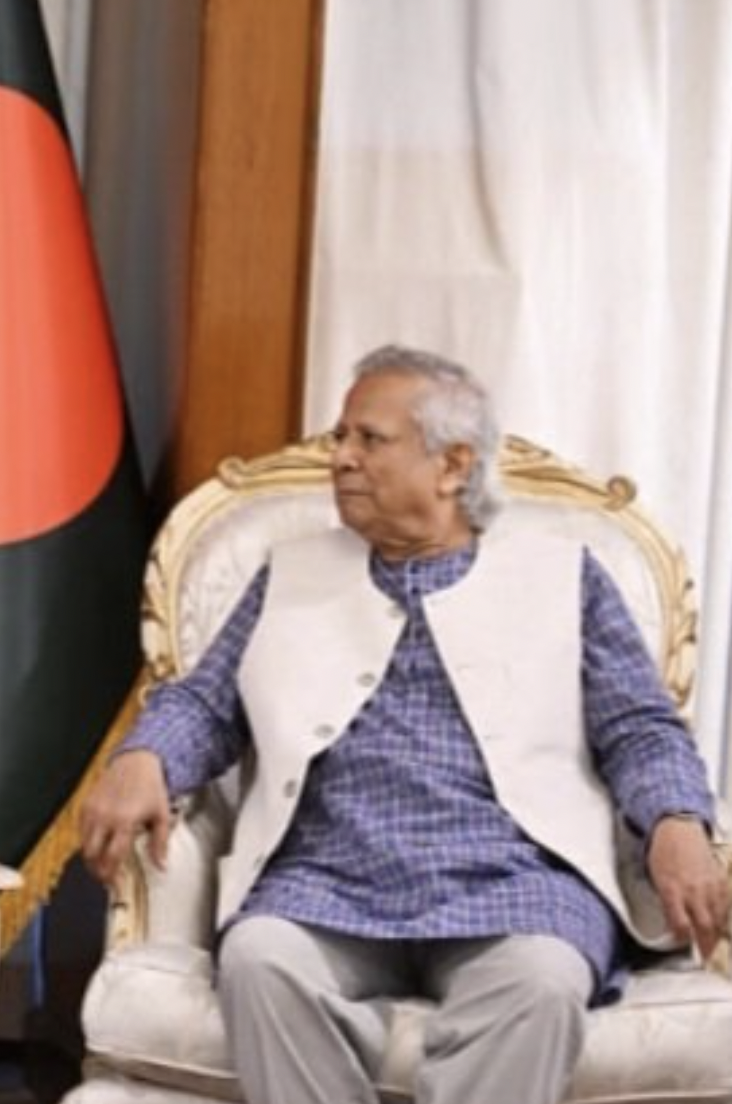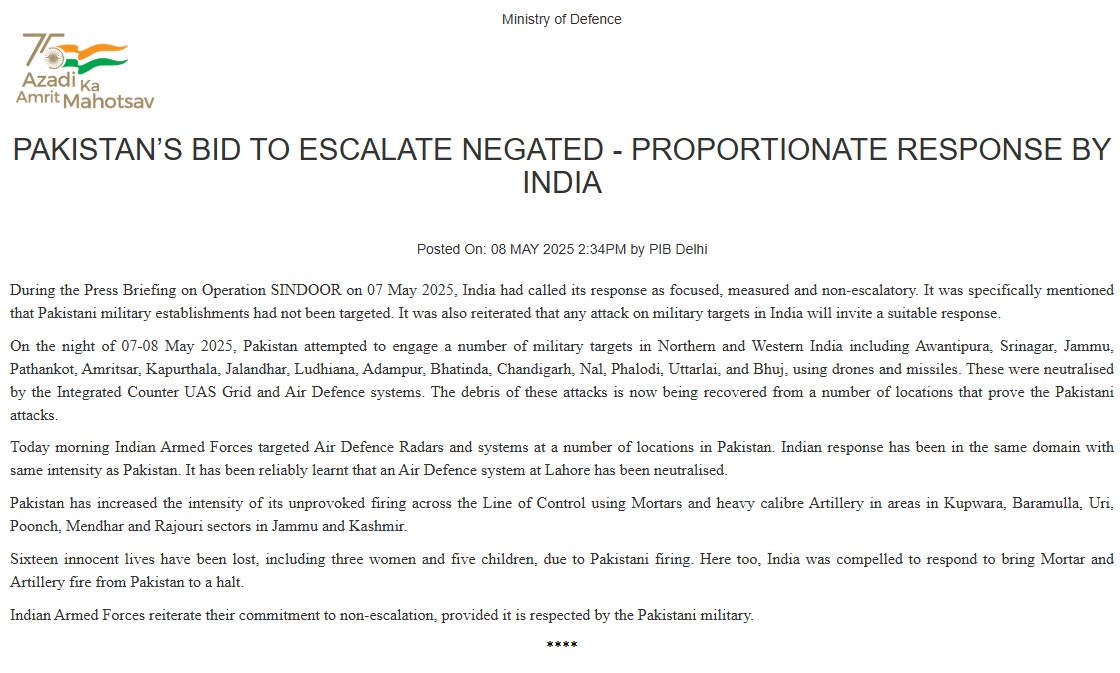
New Delhi – A retired Bangladeshi military officer with ties to the country’s interim government has stirred controversy by suggesting that Bangladesh should occupy India’s northeastern states if New Delhi launches military action against Pakistan following the recent Pahalgam terror attack.
Major General (Retd.) ALM Fazlur Rahman, a former chief of the Bangladesh Rifles (now Border Guard Bangladesh), made the inflammatory remarks in a Facebook post, calling for discussions with China on a “joint military system” to counter India.
Controversial Statement Sparks Outrage
Rahman, who heads Bangladesh’s National Independent Commission of Inquiry into the 2009 BDR mutiny, wrote: “If India attacks Pakistan, Bangladesh should occupy seven states of Northeast India. In this regard, I think it is necessary to start a discussion on a joint military system with China.”
His comments come amid heightened tensions between India and Pakistan after the deadly terror attack in Jammu and Kashmir’s Pahalgam, which India has blamed on Pakistan-based militants.
Bangladesh Government Distances Itself
The interim government of Nobel laureate Muhammad Yunus swiftly disassociated itself from Rahman’s remarks, calling them his “personal views.”
Shafiqul Alam, press secretary to the Chief Adviser’s office, stated: “The Interim Government does not share his views in any shape or form and does not endorse such rhetoric. Bangladesh respects the sovereignty and independence of all nations and expects the same from others.”
Yunus’ Earlier Remarks on Northeast India
Rahman’s comments follow Yunus’ recent visit to China, where he described Bangladesh as the “guardian of the ocean” for India’s landlocked northeastern states, suggesting that China could leverage Bangladesh’s access to the Bay of Bengal for trade.
“Seven states of India, called the Seven Sisters, are landlocked. They have no way to reach the ocean. We are their only gateway,” Yunus had said, inviting Beijing to expand its economic footprint through Bangladesh.
India’s Diplomatic Response
New Delhi has taken a stern view of the remarks. In April, India revoked Bangladesh’s transshipment privileges at Indian ports—except for Nepal and Bhutan—seen as a signal of displeasure over Dhaka’s recent posture.
Relations between India and Bangladesh have deteriorated since Yunus assumed power last year, with rising concerns over attacks on minority communities and a perceived pro-China tilt in Dhaka’s foreign policy.
Regional Implications
Analysts warn that such rhetoric could destabilize South Asia, particularly with China’s growing influence in Bangladesh. India remains a key partner for Dhaka, but recent statements risk straining ties further.
As tensions simmer, all eyes are on whether Bangladesh’s interim government will take further steps to reassure New Delhi—or if Rahman’s remarks signal a deeper strategic shift in the region.
Follow for more updates on this developing story.





